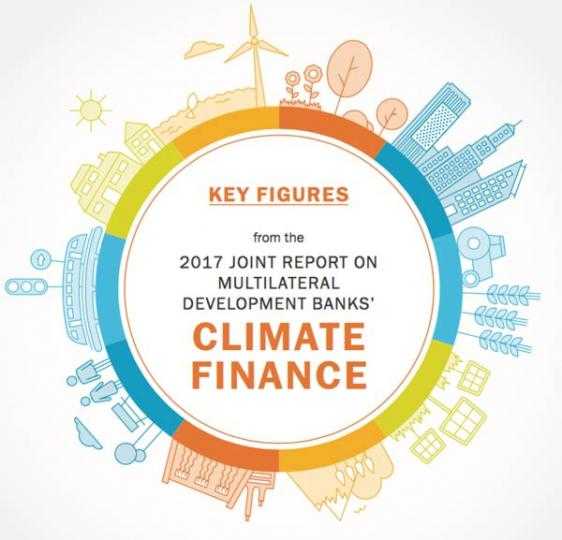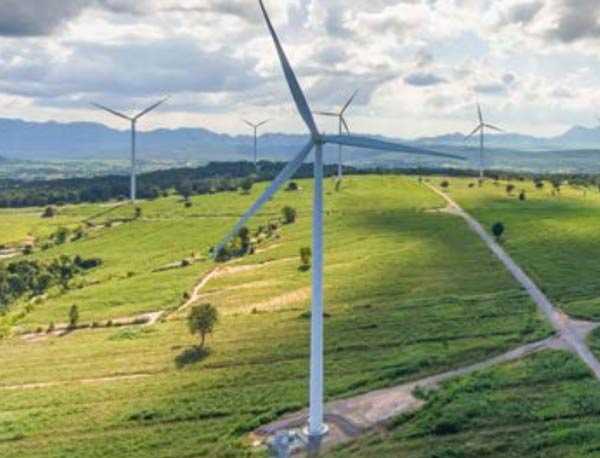

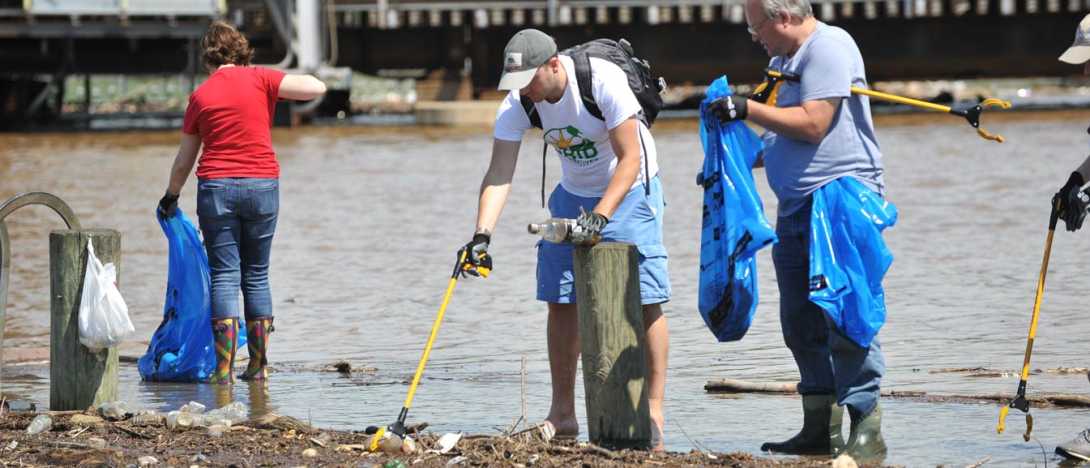


Are you 18-30 and taking part in activities to fight climate change? Send a 3-minute video for a chance to be a youth reporter at the UN Climate Change Conference in Poland in December. The deadline is on August 31, 2018.

 Video up to 3 minutes long
Video up to 3 minutes long
 Aged between 18 and 30
Aged between 18 and 30
 Spoken or subtitled English
Spoken or subtitled English
 Enter from any country
Enter from any country
 Submit by August 31, 2018
Submit by August 31, 2018Category One: Responsible production & consumption
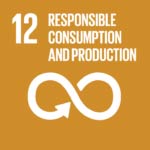


 Carrying out climate friendly solutions/ideas on how to promote sustainable production or consumption
Carrying out climate friendly solutions/ideas on how to promote sustainable production or consumption
 Campaigns to promote behavioural change
Campaigns to promote behavioural change
 Initiatives to reduce emissions during the lifecycle of goods, in areas such as:
Initiatives to reduce emissions during the lifecycle of goods, in areas such as:
 unnecessary consumption
unnecessary consumption
 sustainable fashion
sustainable fashion
 sharing economy
sharing economy
 reusing goods and materials
reusing goods and materials
 transporting goods
transporting goods
 locally focused economy
locally focused economy
 reducing waste
reducing wasteCategory Two: Green and climate friendly jobs
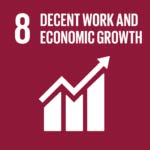


 Work or new businesses that improve the economy and addresses climate change
Work or new businesses that improve the economy and addresses climate change
 Green jobs and careers related to:
Green jobs and careers related to:
 Renewable energy
Renewable energy
 Food waste
Food waste
 Construction and infrastructure
Construction and infrastructure
 Transportation
Transportation
 Green design
Green design
 Technical and job-based training for green jobs
Technical and job-based training for green jobs
 Educational campaigns promoting sustainable employment
Educational campaigns promoting sustainable employment
 Research to develop a low-carbon economy
Research to develop a low-carbon economy



A wise investment in land supports you and your future. Your choices determine future scenarios for sustainable growth. The 2018 World Day to Combat Desertification (#2018WDCD) urges you to move away from unsustainable land use and make a difference by investing in the future of land under the slogan, “Land has true value – invest in it.”
We often use land as if it were a limitless resource, ignoring its role in our everyday lives. This negligence threatens food and water supply, biodiversity, and even human security itself. Short-sighted economic gains such as land grabbing, unplanned urban sprawl, unsustainable agriculture, and over-consumption lead to unsustainable land use, which eventually causes degradation and loss of critical ecosystem services. As a result, consumption of the Earth´s natural reserves has doubled in the last 30 years, with a third of the planet´s land already severely degraded.
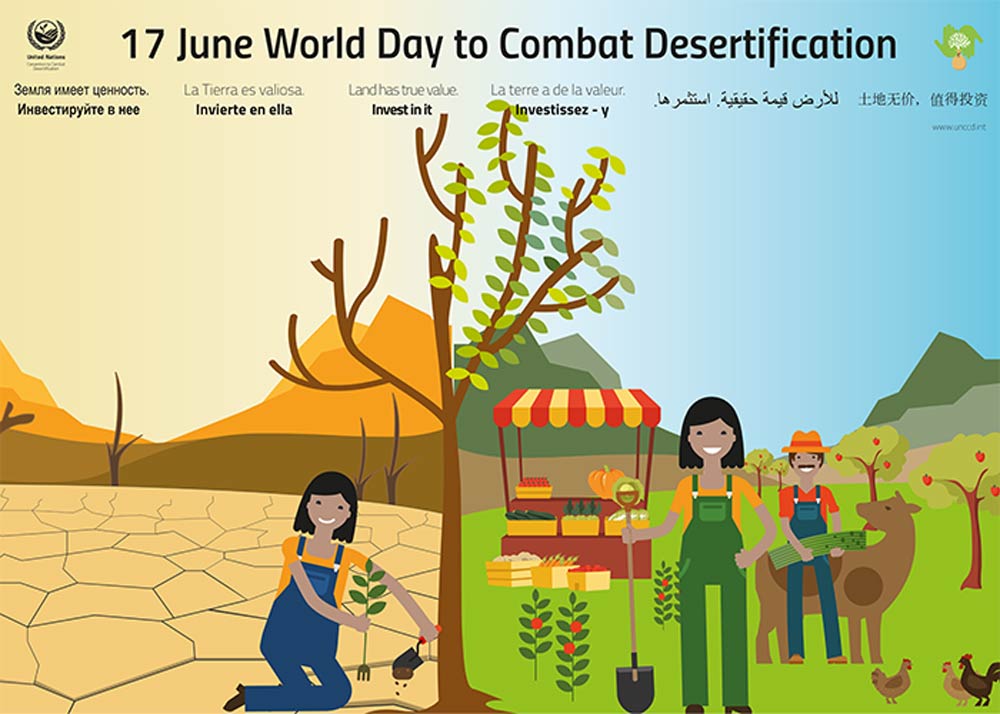
By turning land degradation into land restoration, we can realize the land´s full potential. Healthy and productive land can bring not only environmental but also significant economic gains. For example, case studies from the Economics of Land Degradation Initiative (2015) indicate that:

 The annual loss of 75 billion tons of soil from arable land leads a missing opportunity for economic benefits of USD 400 billion per year globally
The annual loss of 75 billion tons of soil from arable land leads a missing opportunity for economic benefits of USD 400 billion per year globally

 Taking action against soil erosion over 105 million hectares would save up to USD 62.4 billion in net present value over the next 15 years
Taking action against soil erosion over 105 million hectares would save up to USD 62.4 billion in net present value over the next 15 years

 Enhancing carbon stocks through agricultural soils alone can create potential value on the carbon market from USD 96-480 billion annually
Enhancing carbon stocks through agricultural soils alone can create potential value on the carbon market from USD 96-480 billion annually
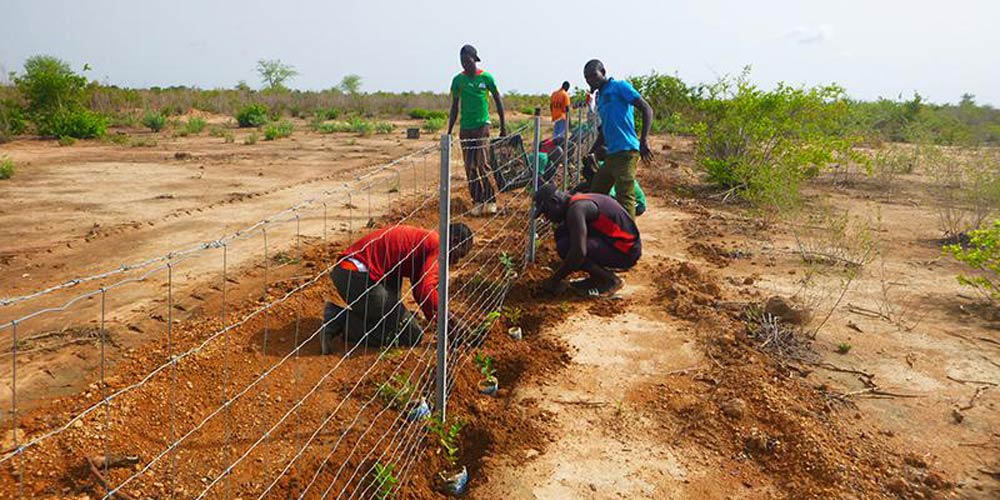
Burkina Faso: 20 000 trees are planted to create living hedges. Photo Credits:UNCCD
Sustainable land management (SLM) is a wise investment for economic growth that does not compromise resilient livelihoods. It is key to safeguarding and managing the quality of the land by balancing its biological and economic potential. Moreover, land can play a vital role in linking multiple Sustainable Development Goals by harnessing synergies while minimizing potential conflicts and trade-offs. SLM can give tremendous momentum to positive change. By safeguarding life on land, we deliver for all life on Earth.
This is the true value of land.
Every one of us has a role to play. Farmers can invest in smart agriculture that leads to higher yields despite a reduction in inputs like pesticides. Policy makers and land managers can support bio-economy by investing in new SLM technologies and processes. Consumers can spend their money on organic and fairly traded products to avoid land degradation. There are many more ways to invest in land wisely.

Vietnam: Delegates of the WDCD meeting plant 2 000 trees at Dien Bien Dong district, Dien Bien province to promote sustainable land management practices. Photo Credits:UNCCD
We can all contribute to and benefit from investing in SLM – whether we act as consumers, producers, corporations, or governments. Changes in behavior and adoption of more efficient planning and practices can guarantee that sufficient land resources are available long-term to meet our ambitions for and to provide sustainable livelihoods.
The choice is ours. Know the true value of land and invest in it.
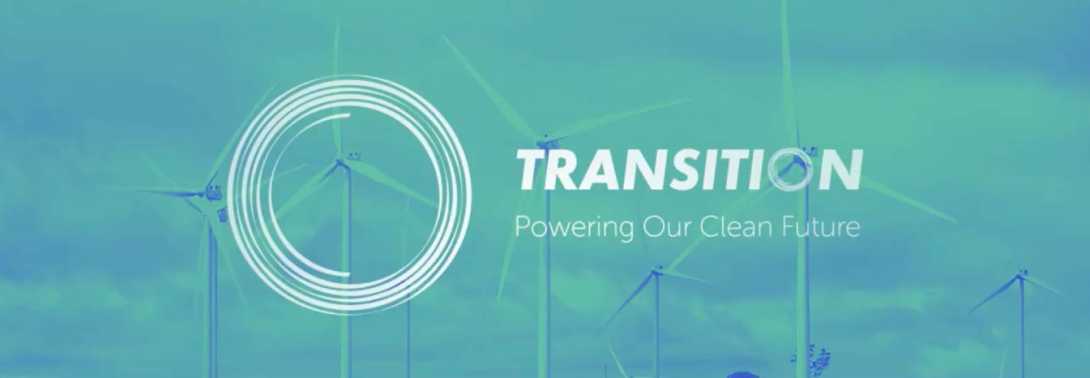
Under the High Patronage of His Serene Highness, Prince Albert II, Transition Monaco Forum, a new global platform committed to accelerating the transition towards a clean future across all sectors and industries, will convene global business leaders, policymakers, cleantech experts, and innovators at The Grimaldi Forum in Monaco from June 26-27, 2018.
In response to commitments made during COP 21 and the One Planet Summit, and by developing new business models combining prosperity and sustainability as well as identifying the latest technologies and implementing initiatives for companies to pioneer this change, Transition Monaco Forum aims to accelerate the ecological and energy transition.
The objectives of this exciting new initiative are to form a European hub of investors dedicated to financing the ecological and energy transition and to mobilize key stakeholders across all sectors to find concrete solutions for businesses to develop sustainably.
Gathered in Monaco, a country leading the energy transition, participants will debate the five critical enablers of the cleantech ecosystem: finance, regulation, innovation, cities and territories and new stakeholders.
Speaker Highlights

 H.S.H. Prince Albert II of Monaco (Monaco)
H.S.H. Prince Albert II of Monaco (Monaco)
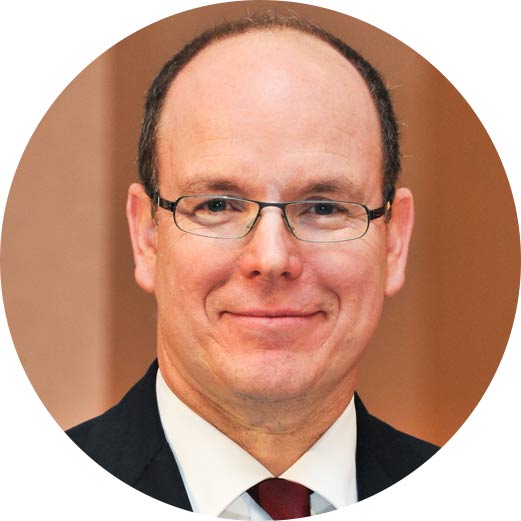

 Arnold Schwarzenegger, Founder, R20 Regions of Climate Action (USA)
Arnold Schwarzenegger, Founder, R20 Regions of Climate Action (USA)
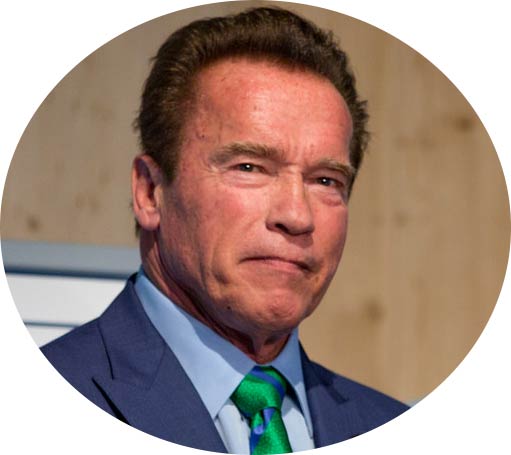

 Alzbeta Klein, Director and Global Head, Climate Business, International Finance Corporation (IFC) (USA)
Alzbeta Klein, Director and Global Head, Climate Business, International Finance Corporation (IFC) (USA)


 Anne Hidalgo, Mayor of Paris, Chair of C40 Cities Climate Leadership Group (France)
Anne Hidalgo, Mayor of Paris, Chair of C40 Cities Climate Leadership Group (France)

Other confirmed international speakers include:

 Olivier Biancarelli, General Director, Tractabel-Engie (France)
Olivier Biancarelli, General Director, Tractabel-Engie (France)

 Erik Brandsma, General Director, Swedish Energy (Sweden)
Erik Brandsma, General Director, Swedish Energy (Sweden)

 Graciela Chichilniski, Economist and Nobel Prize Winner, Columbia University (USA)
Graciela Chichilniski, Economist and Nobel Prize Winner, Columbia University (USA)

 Filipe de Botton, CEO, Logoplaste (Portugal)
Filipe de Botton, CEO, Logoplaste (Portugal)

 Matthieu de Chanville, Deputy Head of Alliance Ventures, Renault-Nissan-Mitsubishi (France)
Matthieu de Chanville, Deputy Head of Alliance Ventures, Renault-Nissan-Mitsubishi (France)

 Jérôme Delafosse, Explorer and Expedition Leader, Energy Observer (France)
Jérôme Delafosse, Explorer and Expedition Leader, Energy Observer (France)

 Rinat Guy, Chief Innovation Officer, Municipality of Tel Aviv (Israel)
Rinat Guy, Chief Innovation Officer, Municipality of Tel Aviv (Israel)

 Eric Harr, Co-Founder & CEO, Laudato Si'Challenge (USA)
Eric Harr, Co-Founder & CEO, Laudato Si'Challenge (USA)

 Paul Holthus, President & CEO, World Ocean Council
Paul Holthus, President & CEO, World Ocean Council

 Margaret Kuhlow, Finance Practice Leader, WWF (USA)
Margaret Kuhlow, Finance Practice Leader, WWF (USA)

 William Kwende, Chairman, Agritech (Burkina Faso)
William Kwende, Chairman, Agritech (Burkina Faso)

 Claude Nahon, Sustainable Development, Senior Vice President, EDF (France)
Claude Nahon, Sustainable Development, Senior Vice President, EDF (France)

 Francis O’ Sullivan, Director, Energy Initiative, MIT (USA)
Francis O’ Sullivan, Director, Energy Initiative, MIT (USA)

 Gunter Pauli, Businessman and Author of the Blue Economy (Belgium)
Gunter Pauli, Businessman and Author of the Blue Economy (Belgium)

 Nancy Pfund, Managing Partner, DBL Partners (USA)
Nancy Pfund, Managing Partner, DBL Partners (USA)

 David Rosenberg, CEO, Aerofarms (USA)
David Rosenberg, CEO, Aerofarms (USA)

 Carlos Sallé, Director of Energy Policies and Climate Change, Iberdrola (Spain)
Carlos Sallé, Director of Energy Policies and Climate Change, Iberdrola (Spain)

 Riaz Siddiqi, Founder and Managing Partner, Denham Capital (USA)
Riaz Siddiqi, Founder and Managing Partner, Denham Capital (USA)

 Sylvain Vanston, Chief Sustainability Officer, AXA (France)
Sylvain Vanston, Chief Sustainability Officer, AXA (France)
Find here the full conference program and the full list of confirmed speakers
A comprehensive annual overview of the state of renewable energy.
